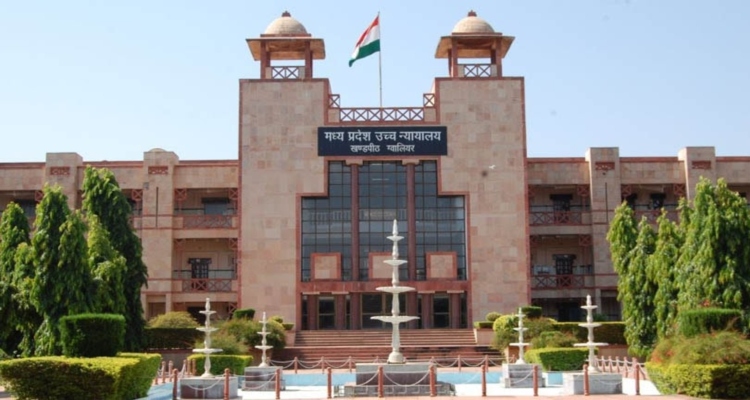
The Madhya Pradesh High Court has mandated a collaborative effort among the Union Health Ministry Secretary, the Chief Secretary of Madhya Pradesh, and the Director of the Bhopal Memorial Hospital and Research Centre to formulate a detailed and actionable strategy for digitising the medical records of victims of the 1984 Bhopal gas disaster.
This directive, dated January 6, was publicly disseminated on Wednesday.
The directive emerged during a hearing of a contempt petition filed by the Bhopal Gas Peedith Mahila Udyog Sanghathan, a prominent advocacy group committed to the rehabilitation of survivors. The division bench, composed of Chief Justice SK Kait and Justice Vivek Jain, expressed pronounced dissatisfaction with the pace of progress, remarking, “It seems that the respondents are not serious about the work to be completed.”
The court explicitly instructed, “The Secretary, Ministry of Health and Family Welfare, Government of India, and Chief Secretary, Madhya Pradesh, along with the Director of BMHRC, shall convene a meeting within one week to finalise the action plan, ensuring the issue is addressed within a fixed timeline.” Furthermore, the bench mandated the submission of daily progress reports following the initial meeting and emphasized the timely allocation of requisite funds to expedite the project.
In compliance with an earlier order issued on December 9, 2024, the respondents submitted an affidavit outlining the logistical complexities of digitising historical medical records. Specifically, the affidavit acknowledged, “The medical records prior to 2014 are very old, therefore, only 3,000 pages per day can be scanned.” Given this rate, the digitisation process is projected to span approximately 550 days, with more precise timelines contingent on the commencement and ongoing progress of the initiative.
Addressing the implementation of a cloud-based repository under the e-Hospital initiative, the affidavit further disclosed that a proposal from the National Informatics Centre (NIC) is under consideration but awaits financial sanction from the Finance Department. The anticipated budget allocation for this initiative is projected for the fiscal year 2025-26. Upon securing the necessary financial resources, the integration of scanned records into the cloud infrastructure is expected to conclude within a 12-month timeframe, as outlined by the NIC proposal.
The Bhopal gas tragedy, widely regarded as one of the most catastrophic industrial accidents in history, transpired on the night of December 2-3, 1984, when methyl isocyanate (MIC) gas leaked from the Union Carbide pesticide plant in Bhopal. The incident resulted in the immediate deaths of at least 5,479 individuals, with thousands more enduring enduring injuries and chronic health conditions.
The court’s directive underscores the critical importance of expediting the digitisation of medical records, a step deemed essential for enhancing healthcare management and ensuring sustained medical support for survivors, who continue to grapple with severe health repercussions even after four decades.




